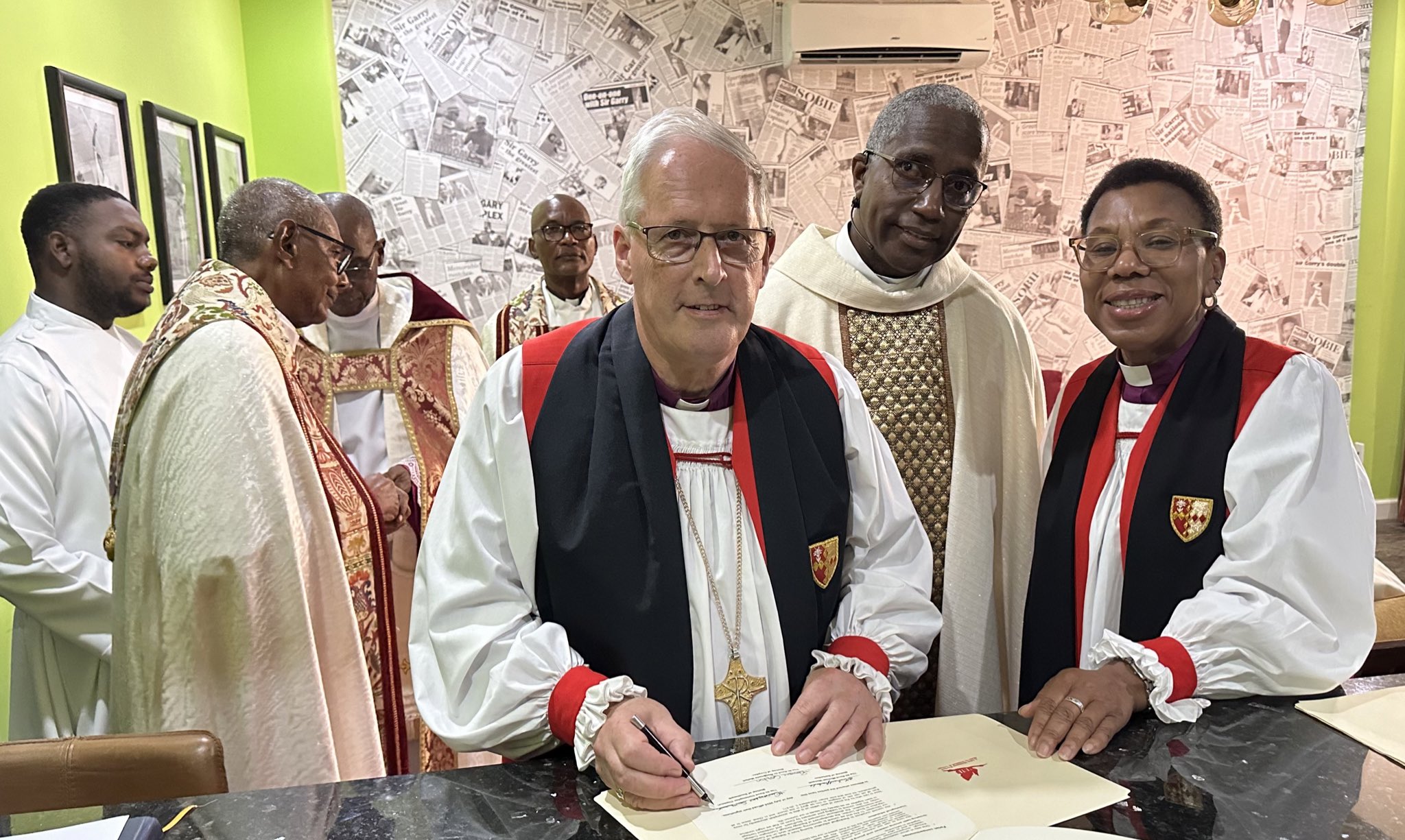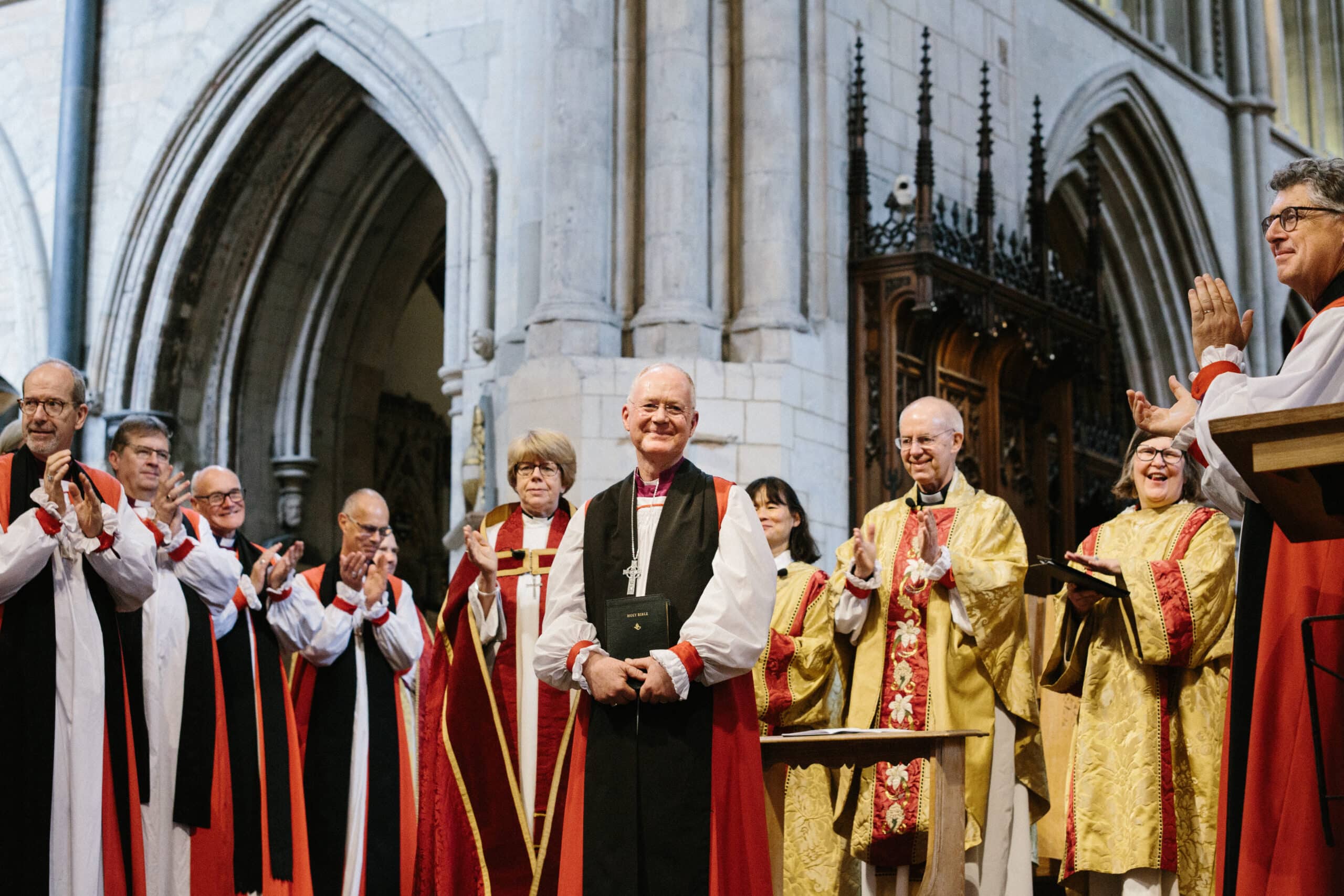
Hayley discovered ‘an overall openness to God’ expressed through two main themes: Multiple Overwhelmings (all the ups and downs of life, with much trauma, tragedy and suffering in the mix); and Accompaniment (key people who had ‘shown them what God was like’ often described as their ‘guardian angel’).
A much smaller group however, professed themselves as ‘uninterested or dismissive of God’ though not doubting his existence.
On the church, Hayley says she found ‘an overarching fondness and appreciation toward the church’ as it was perceived to be a place to get help, a place where there was a sense of family, and a place about which participants had a positive memories, often from childhood or teenage years.
She advocates a three-pronged strategy for estates mission: Presence (listening, ‘being with’, and missional pastoral care); Enabling (enabling residents’ voices on estates to be heard and empowering them to engage in their communities); Proclamation (a fervour and enthusiasm to share the gospel, with the motivation that all people have the right to the fullness of truth).
Hayley concludes her study with these stirring words:
‘I recommend that the Church of England continue its commitment to churches on estates by resourcing and supporting them. I argue that those who live on estates are not hard to reach, they are open to God. There are assets on our estates, people with gifts and we need to raise up indigenous leaders who will be able to communicate the good news of Jesus in the language of the people.’






